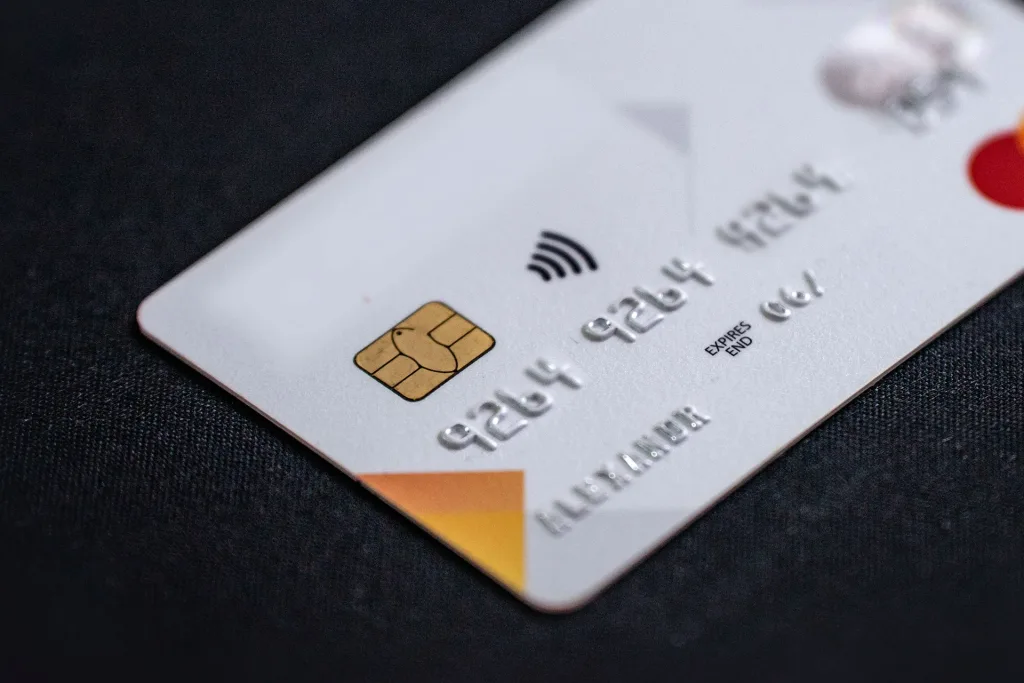Credit cards are incredibly useful, but they can also come with hidden fees that add up if you’re not careful. In Canada, there are a few common fees you’ll want to be aware of, such as foreign transaction fees, balance transfer fees, and late payment fees. Let’s break down these fees and how you can avoid paying extra.
Types of Common Credit Card Fees
1. Foreign Transaction Fees
Foreign transaction fees are charged when you make a purchase in a currency other than Canadian dollars. These fees typically range from 2.5% to 3% of the purchase price. For example, if you spend $100 CAD abroad, you could be paying an additional $2.50-$3 in fees.
How to Avoid It:
- Use a no-foreign-transaction-fee card: Some credit cards don’t charge foreign transaction fees, which can save you a lot if you travel frequently or shop online from international retailers.
- Pay in Canadian dollars: When shopping online, look for the option to pay in CAD. This can help you avoid extra fees.
2. Balance Transfer Fees
A balance transfer fee is applied when you move debt from one credit card to another, usually as part of a balance transfer promotion. This fee is often around 3% of the transferred amount. So, if you’re transferring $1,000 in debt, you might be charged $30.
How to Avoid It:
- Look for low or no-fee balance transfer promotions: Some cards offer low introductory rates on balance transfers, and some might even waive the fee entirely for a limited time.
- Pay off your balance faster: The quicker you pay off your transferred balance, the less interest you’ll accumulate, minimizing your overall costs.
3. Late Payment Fees
Late payment fees occur when you miss your credit card payment due date. These fees can be anywhere from $25 to $40, depending on your card. Plus, missing payments can hurt your credit score, leading to higher interest rates down the road.
How to Avoid It:
- Set up automatic payments: Many banks allow you to set up automatic payments to ensure you never miss a due date.
- Sign up for payment reminders: Use email or text reminders from your bank to get a heads-up before your bill is due.
- Apply for a secured credit card: It might be a good way to build responsible credit habits. Check out our guide on the best secured credit cards in Canada.
Other Fees to Watch Out For
In addition to the big three, there are a few more fees to keep an eye on:
- Annual Fees: Some credit cards charge an annual fee, which can range from $50 to over $150. This fee is typically associated with premium cards that offer rewards or benefits.
Tip: Only opt for a card with an annual fee if the benefits outweigh the cost.
If you’d prefer a credit card without annual fees, browse our list of the best no annual fee credit cards. - Cash Advance Fees: Using your credit card to withdraw cash from an ATM usually comes with a fee of around 5% of the amount withdrawn. Plus, cash advances often have higher interest rates, and interest starts accruing immediately.
- Tip: Avoid using your credit card for cash advances unless it’s an emergency.
- Over-the-Limit Fees: If you spend more than your credit limit, your card issuer may charge an over-the-limit fee.
- Tip: Keep track of your spending to avoid going over your credit limit.
Practical Tips to Avoid Credit Card Fees
Minimizing credit card fees is all about being proactive and staying organized. Here are some practical tips to help you dodge those extra charges:
- Pay Your Balance in Full: Paying your full balance every month means you’ll avoid interest charges and late fees. It also helps keep your debt in check.
- Use a Credit Card with No Annual Fee: If you’re not using all the perks of a premium card, consider switching to a no-fee credit card. You’ll still earn rewards without the extra cost.
- Check Your Statement Regularly: Make it a habit to review your credit card statement every month. Look for any unexpected fees or charges. Catching mistakes early can save you money.
- Keep Track of Important Dates: Late payments can cost you, both in fees and damage to your credit score. Set reminders for payment due dates, and don’t forget about the end of promotional periods for balance transfers or introductory interest rates.
- Watch Out for Hidden Fees: Read the fine print of your credit card agreement. Some cards have less obvious fees, like inactivity fees or replacement card fees, that can sneak up on you.
Choosing the Right Card Can Save You Money
If you’re feeling overwhelmed by all the potential fees, remember that choosing the right credit card for your lifestyle can make a huge difference. For example, if you travel often, a card with no foreign transaction fees is a must. If you’re transferring debt, find a card with a low balance transfer fee or no fee at all.
Credit card fees can add up quickly, but by understanding what they are and how to avoid them, you can save yourself a lot of money. From using a no-foreign-transaction-fee card to setting up automatic payments, small changes can help you minimize or eliminate unnecessary charges. Stay informed, choose the right card, and always pay attention to your spending and due dates.
